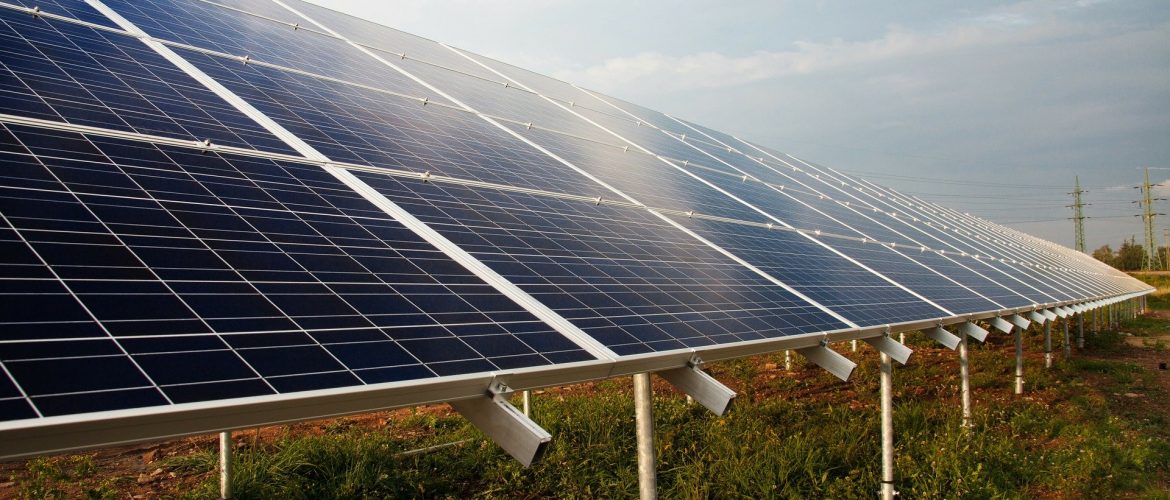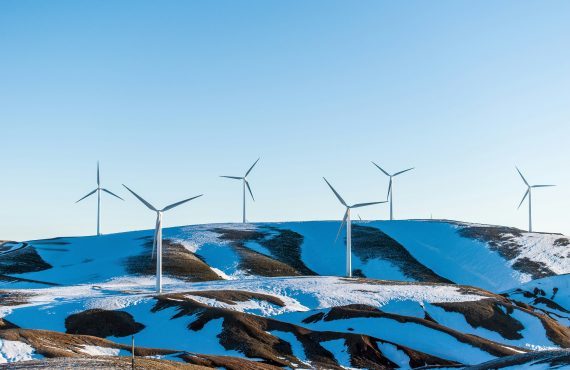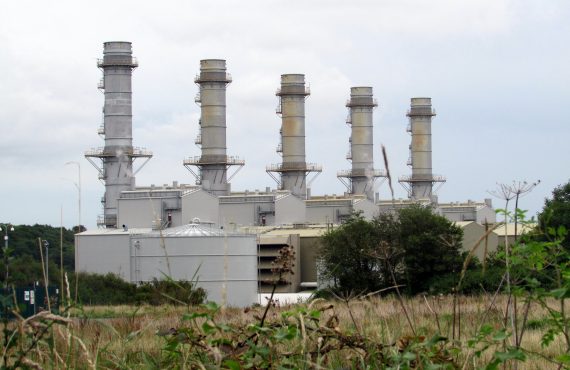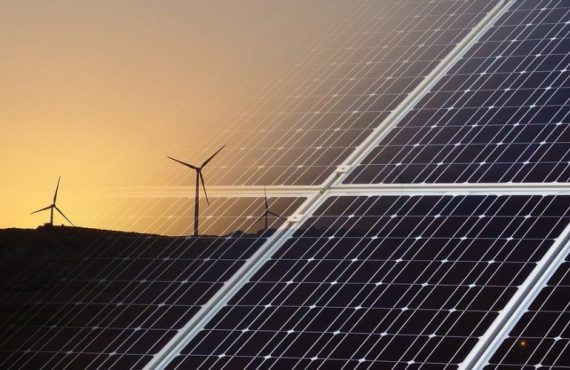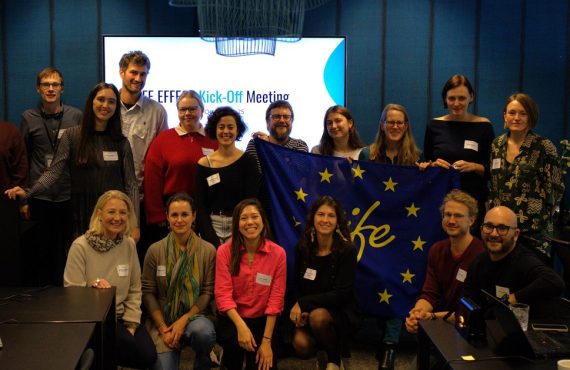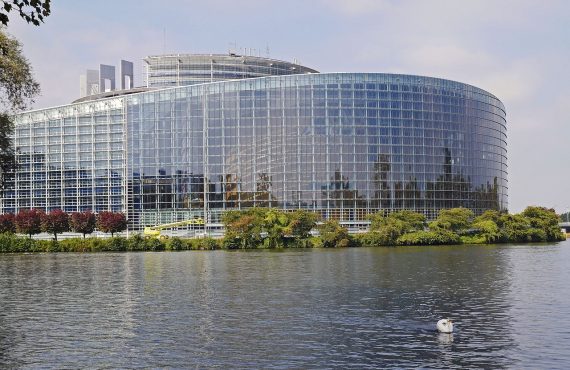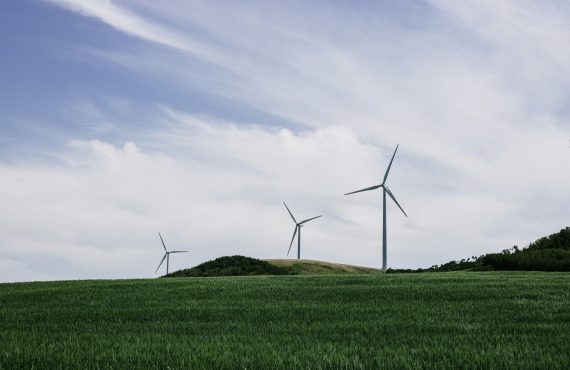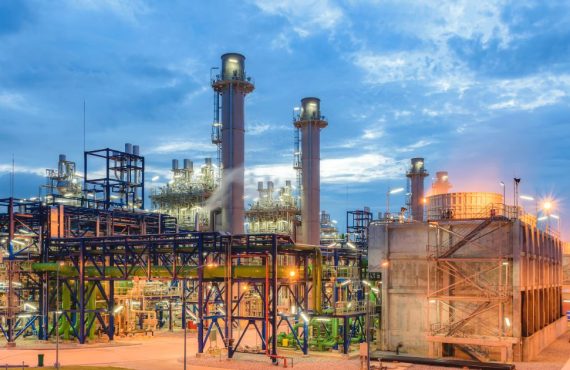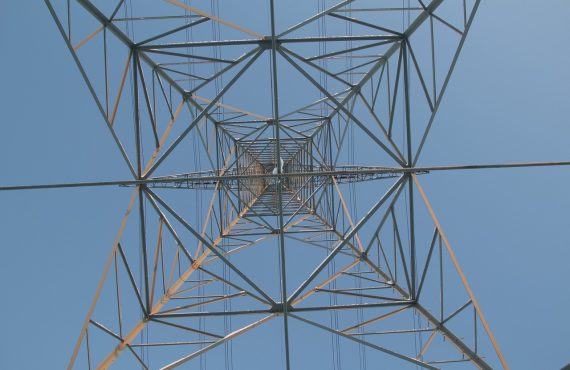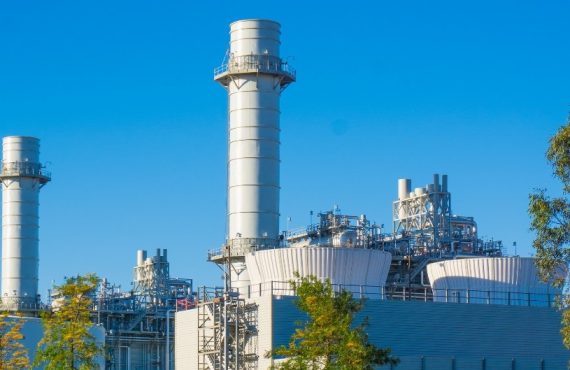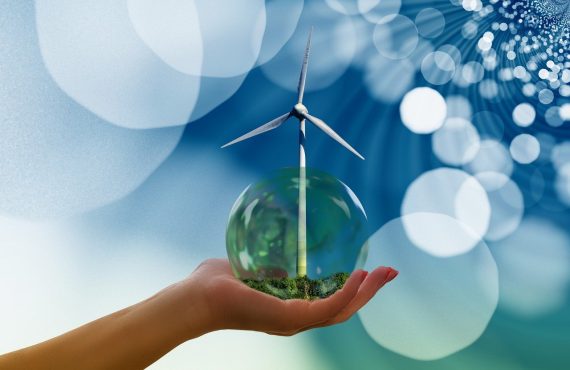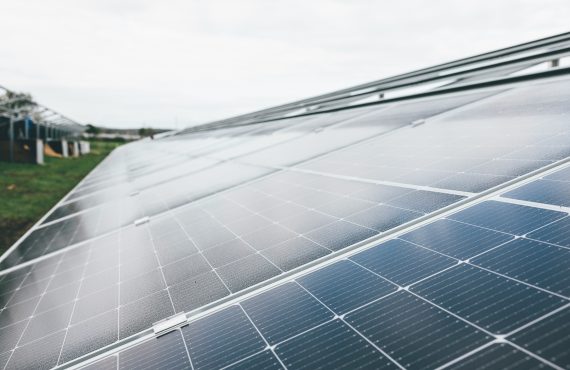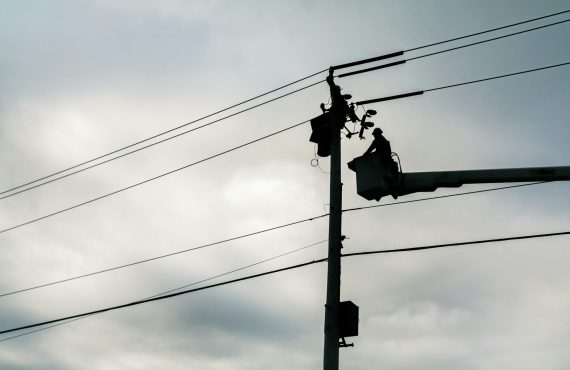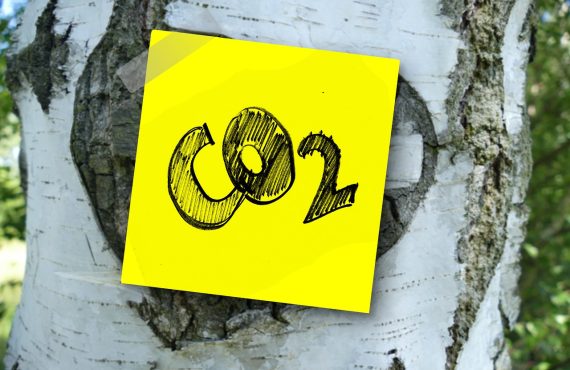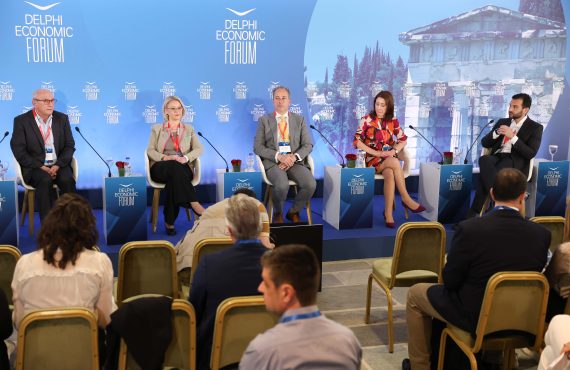Nikos Mantzaris talked to Lefteris Kourkoulos about the recent rise in electricity prices both in the main news bulletin of the New Television of Crete, on October 6, and in the morning radio show on Gavdos FM 88.8, on October 7.
He first explained that the main reason pushing prices up is the dependence of the country’s electricity mix on fossil fuels, and in particular lignite and fossil gas. More specifically, he said that the cost of lignite power generation has increased since the beginning of the year, due to the doubling of CO2 emission allowance prices in the carbon market during the same period, resulting today at a price around 120 euros per megawatt hour. However, the increase in the cost of supply of fossil gas was much greater, on which Greece depends more, as in the first eight months of 2021 it covered 42% of the demand for electricity. The over-quadrupling of the cost of fossil gas since the beginning of the year also raised the cost of electricity generation to 200 euros per megawatt hour. The renewable energy sources stand opposite to the cost , as electricity from new wind and photovoltaic already costs less than 50 euros per megawatt hour.
Nikos Mantzaris described the measures underway at national and European level to address the price crisis, which is expected to last at least until spring. However, he stressed that these measures are temporary and that the systemic and long-term solution is the dependence on fossil fuels with a simultaneous shift to renewable energy sources (RES) which are not only necessary to deal with the climate crisis but also much cheaper than fossil fuel. He clarified that the installation of a large new RES capacity is required to achieve the goals but this must be done in a rational way, which is accompanied by two conditions. Firstly, the formation of a new special spatial framework for RES, which will be capable and sufficient for the protection of biodiversity, and secondly, the broad social consensus which requires systematic and responsible information, dialogue and citizen participation.
Finally, he emphasized the role that citizens can play in the energy transition to RES and at the same time in their shielding from the rise in electricity prices through the development of energy communities for meeting their own needs.
You can watch the discussion of Nikos Mantzaris with Lefteris Kourkoulos on New Television of Crete here (in Greek):
You can also listen to the excerpt from the radio discussion on Gavdos FM 88.8 (in Greek) here:



